
White Skin, Black Fuel: a Letter from the Editor
Malm and the Zetkin Collective's latest contribution reveals the racist roots of ecofascism.

Malm and the Zetkin Collective's latest contribution reveals the racist roots of ecofascism.
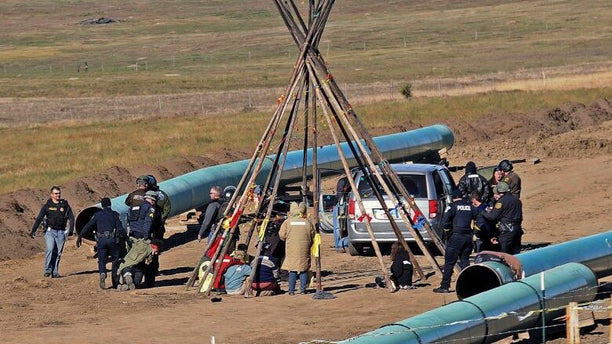
On the publication of his new book, How to Blow Up a Pipeline, Andreas Malm reaffirms the call for climate action
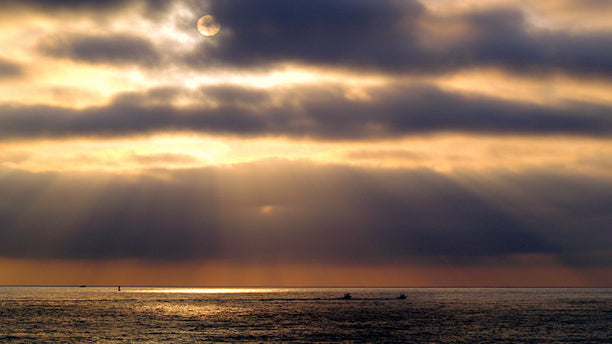
Holly Buck on why we may have little choice but to undertake geoengineering to avert the worst of the climate crisis, with Alex Doherty on the Politics Theory Other podcast.
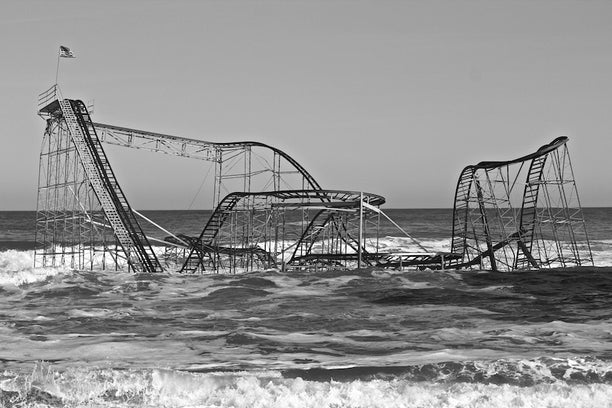
The stark inequality of "extreme cities" is going to be exacerbated and tested by the effects of climate change.
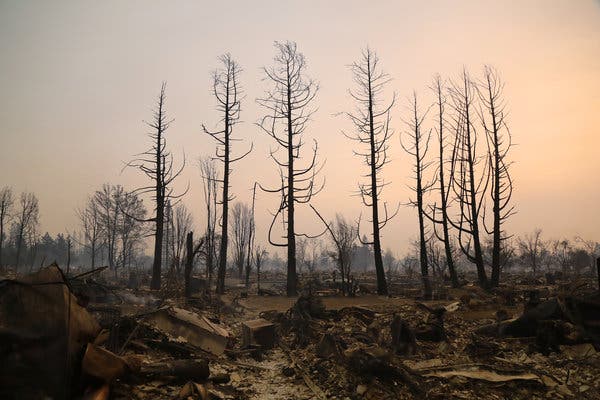
The question for conservation is no longer whether we want or need radical change. It is already happening. The question is how we understand the pressures and help direct imminent radical change towards something positive. This is the crossroads facing the conservation community today.
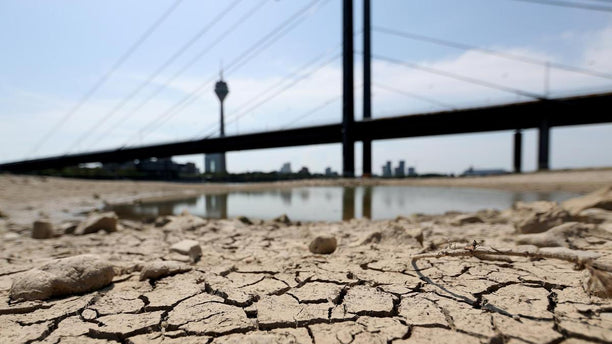
As the scale of the impending climate crisis is increasingly clear to all, we are left with a stark choice: eco-socialism or eco-fascism. Max Ajl surveys the landscape of ecological politics, and argues for an genuinely internationalist eco-socialism as the only way to defeat eco-fascism.
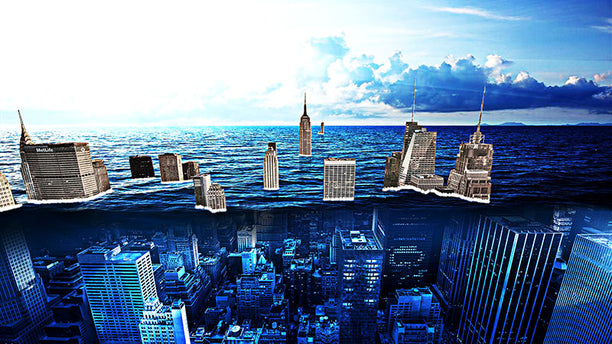
Greenhouse effect, global warming, climate change, climate disruption. Think of the succession of words we’ve used to describe the gradual onset of catastrophe and you see at once how inadequate words can be.
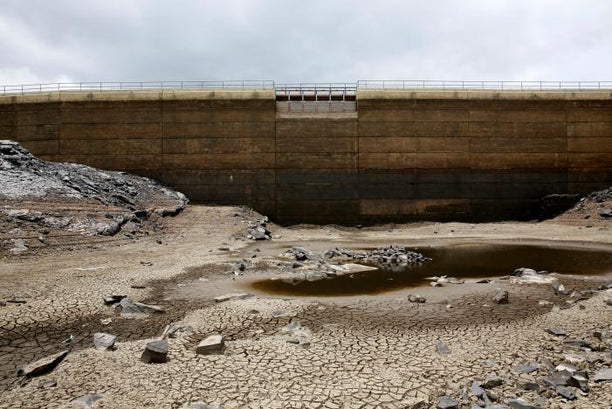
Contemporary capitalism is faced with an organic crisis in the fullest possible sense of the term, one that encompasses not just the political and economic contradictions Gramsci described but also the biological terrain upon which social life ultimately depends.

Geoengineering schemes — still largely hypothetical — not only fail to address the underlying causes of climate change; they carry their own profound political, economic, and ecological risks.
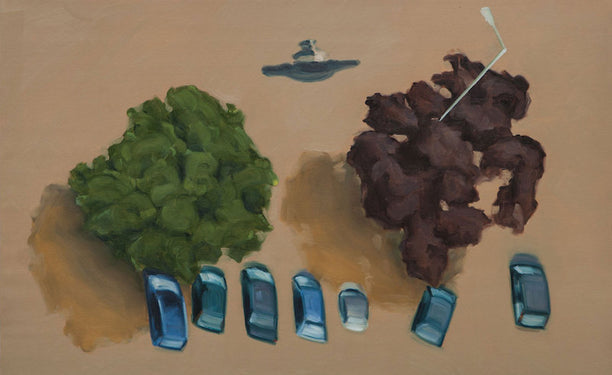
The sea has long been a defining feature, indeed an inevitability in Cuban art, literature, and life. Now it turns ominous.
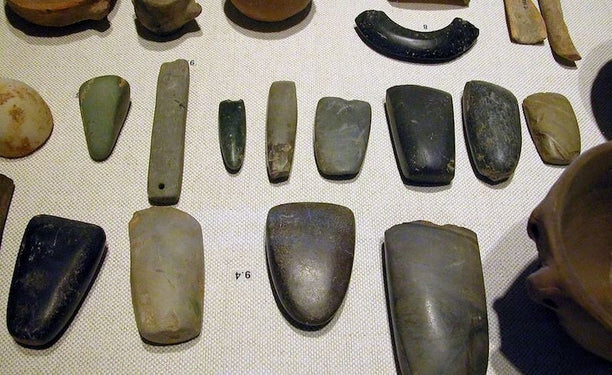
The problem is not technology or nature. The problem is how to organise societies at a global scale.
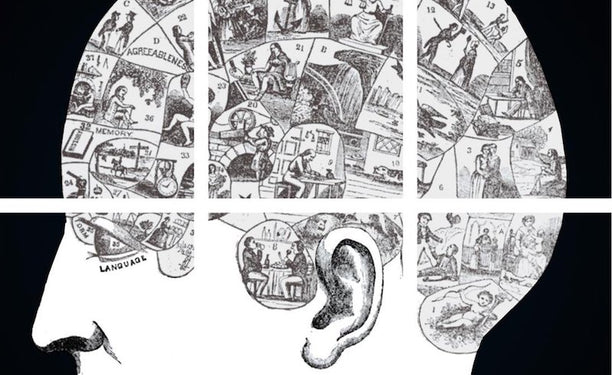
In conversation with Juan Dal Maso, Razmig Keucheyan discusses twenty-first century critical theory, the need for strategic thinking, and the Marxist perspective on the environmental crisis.